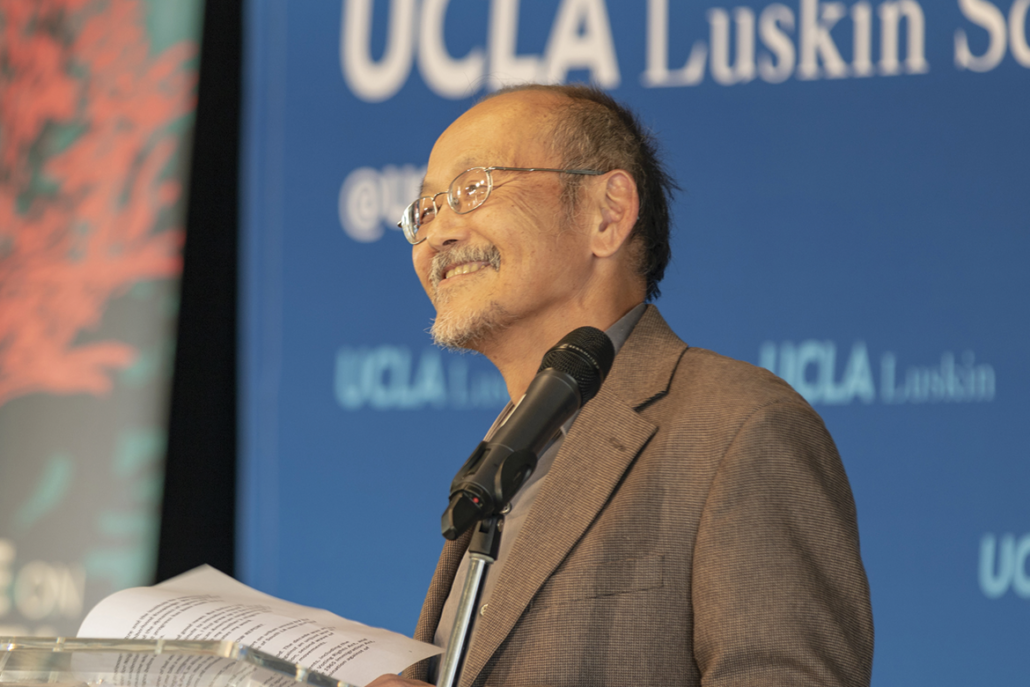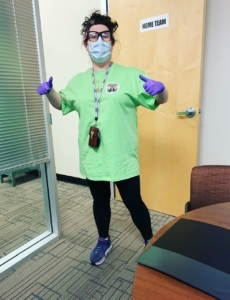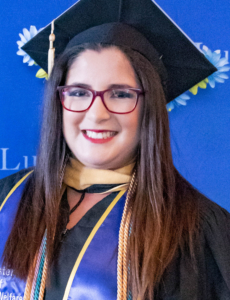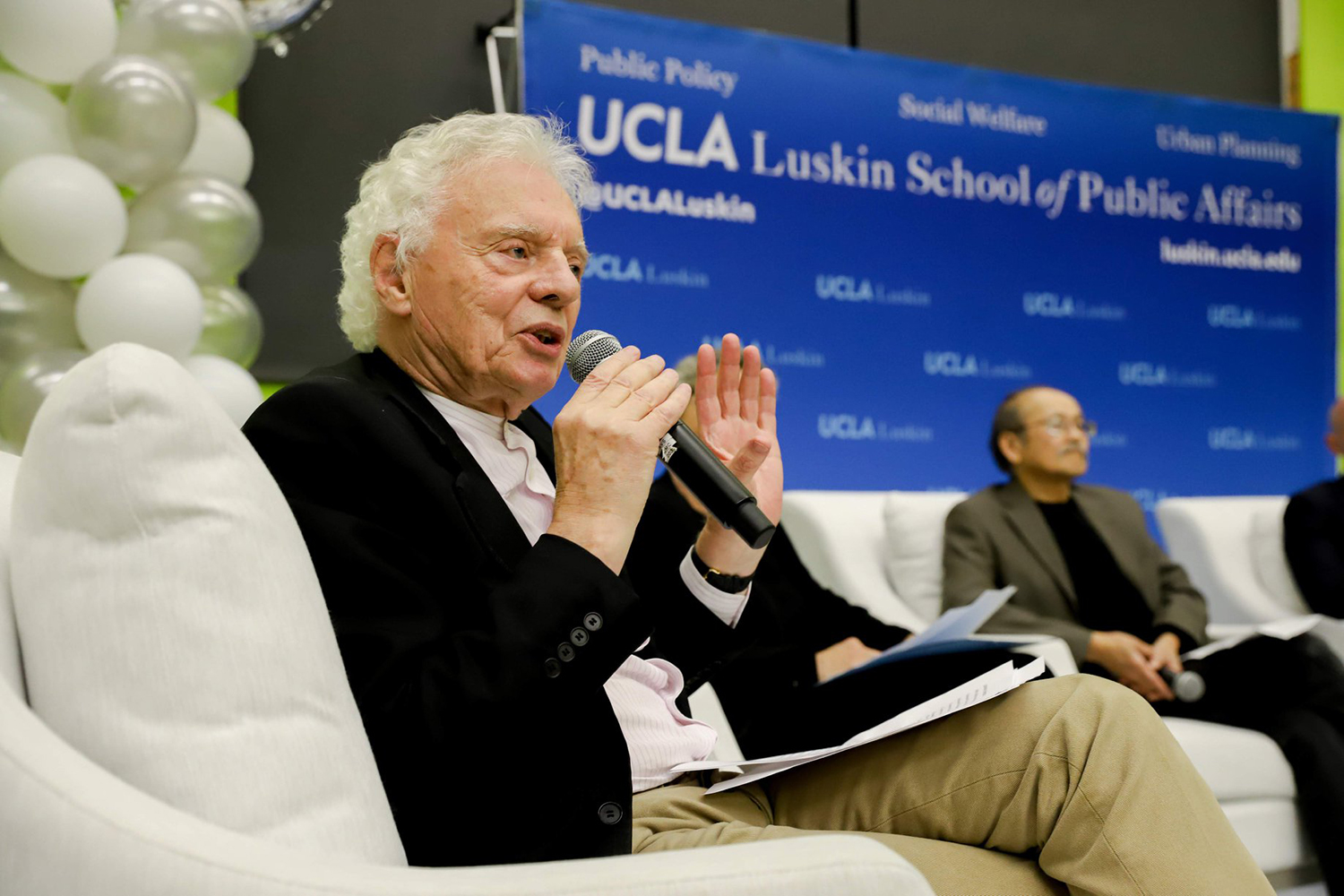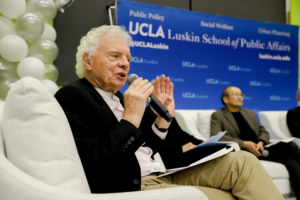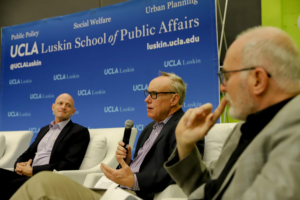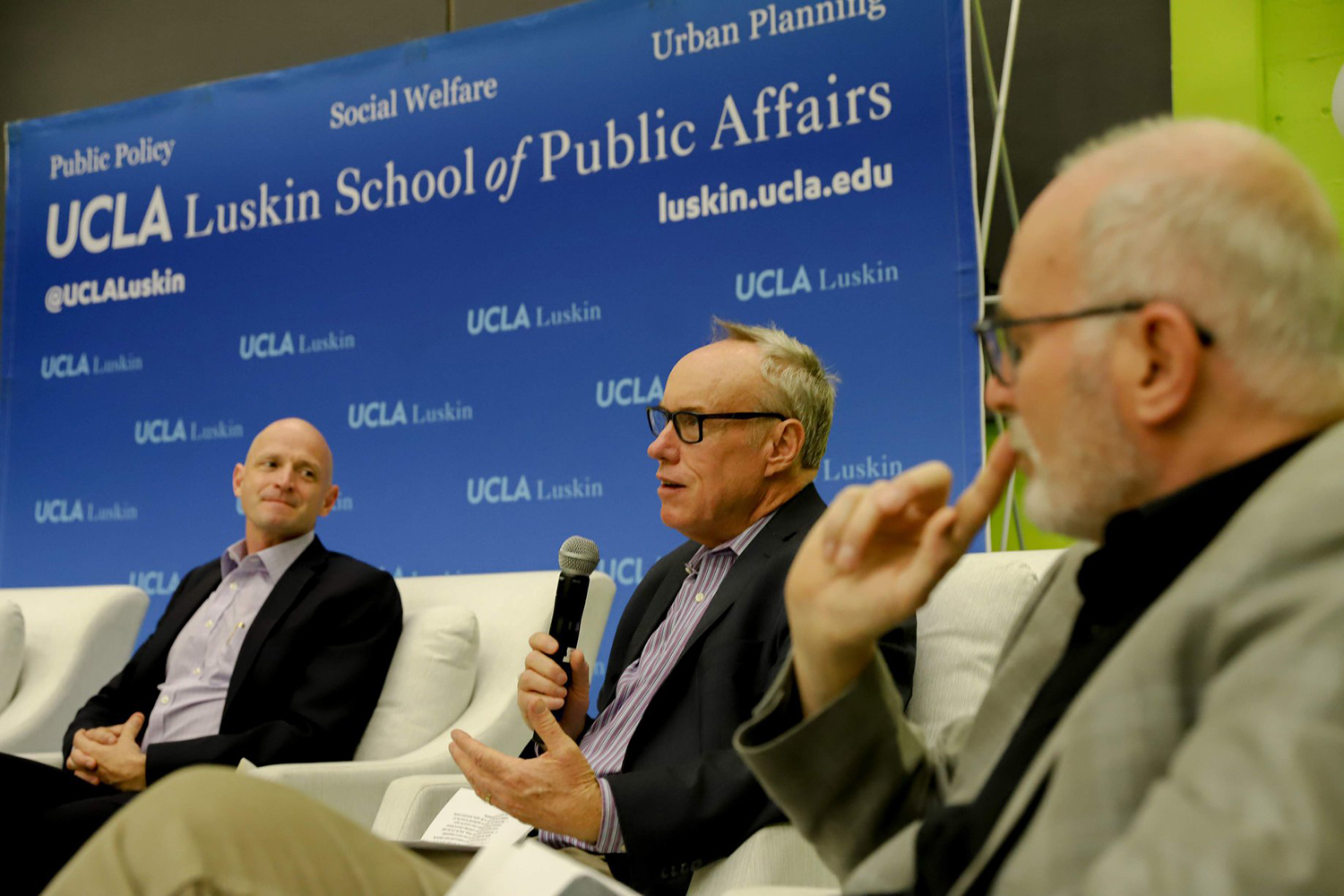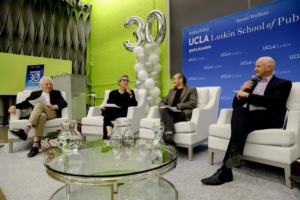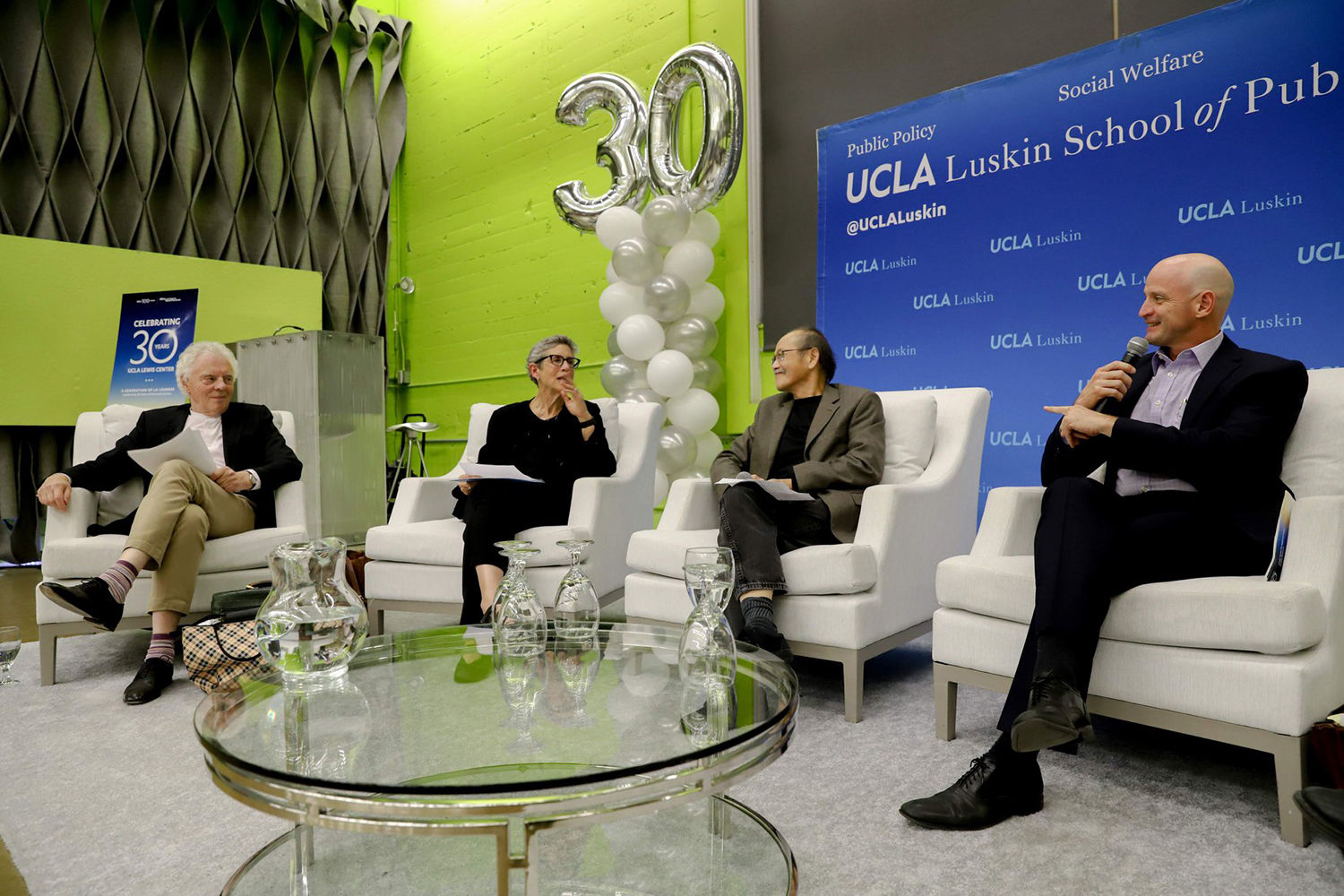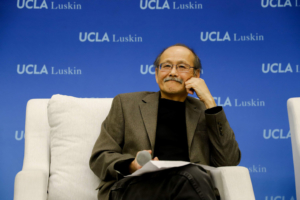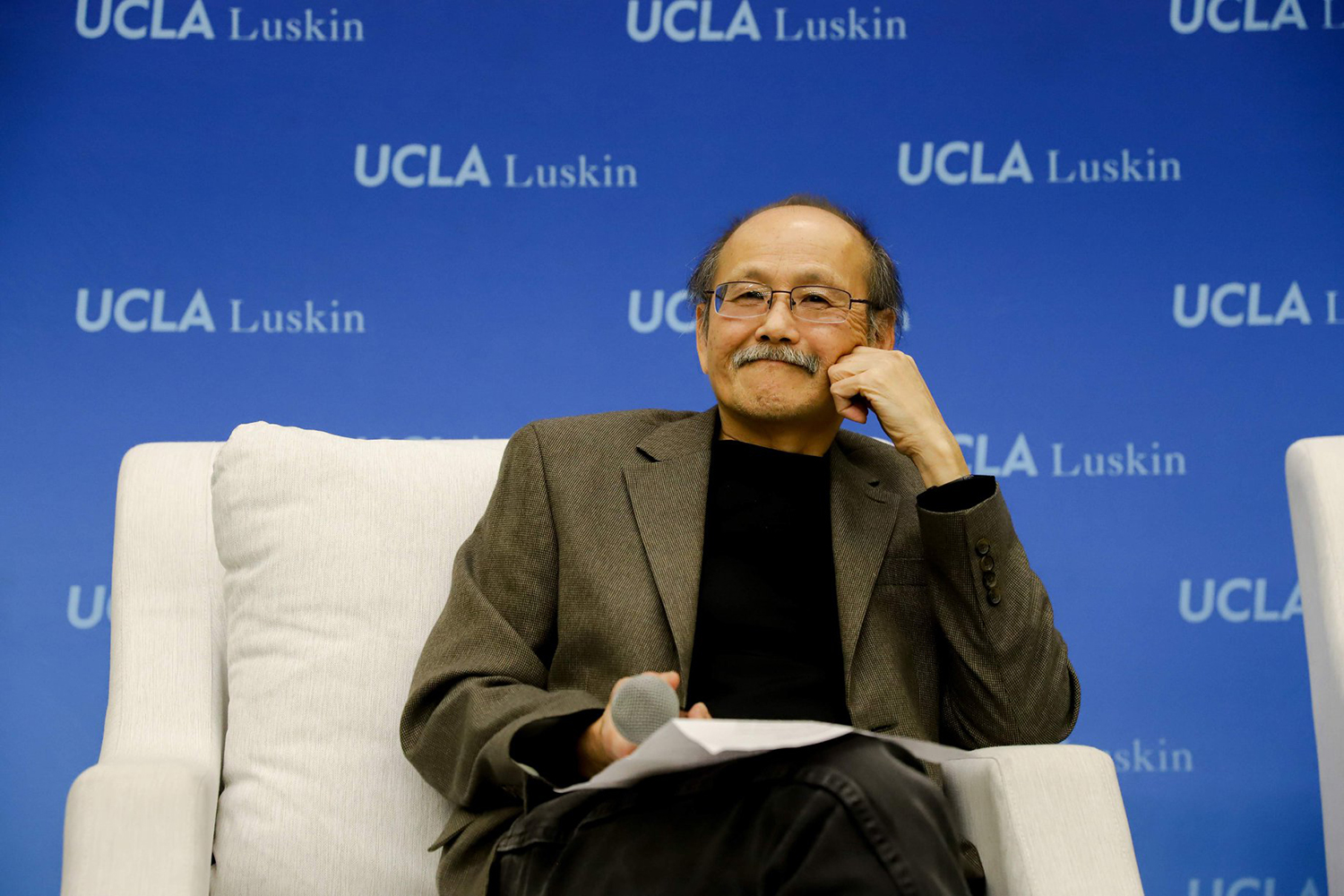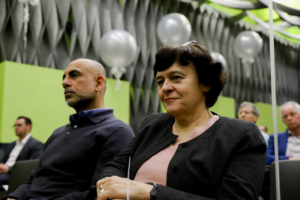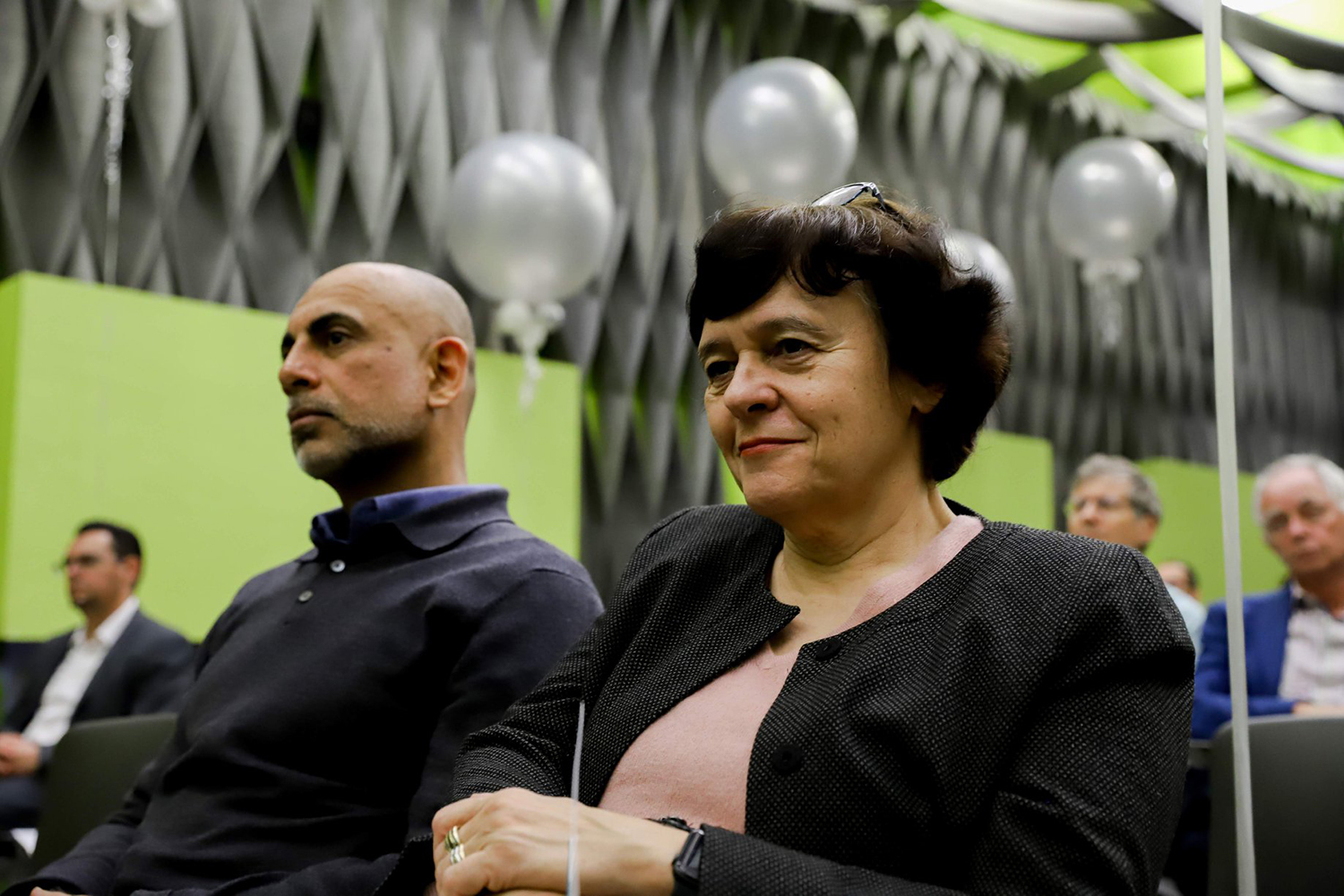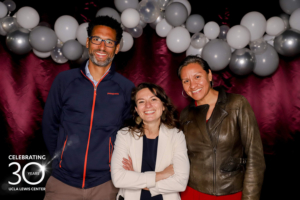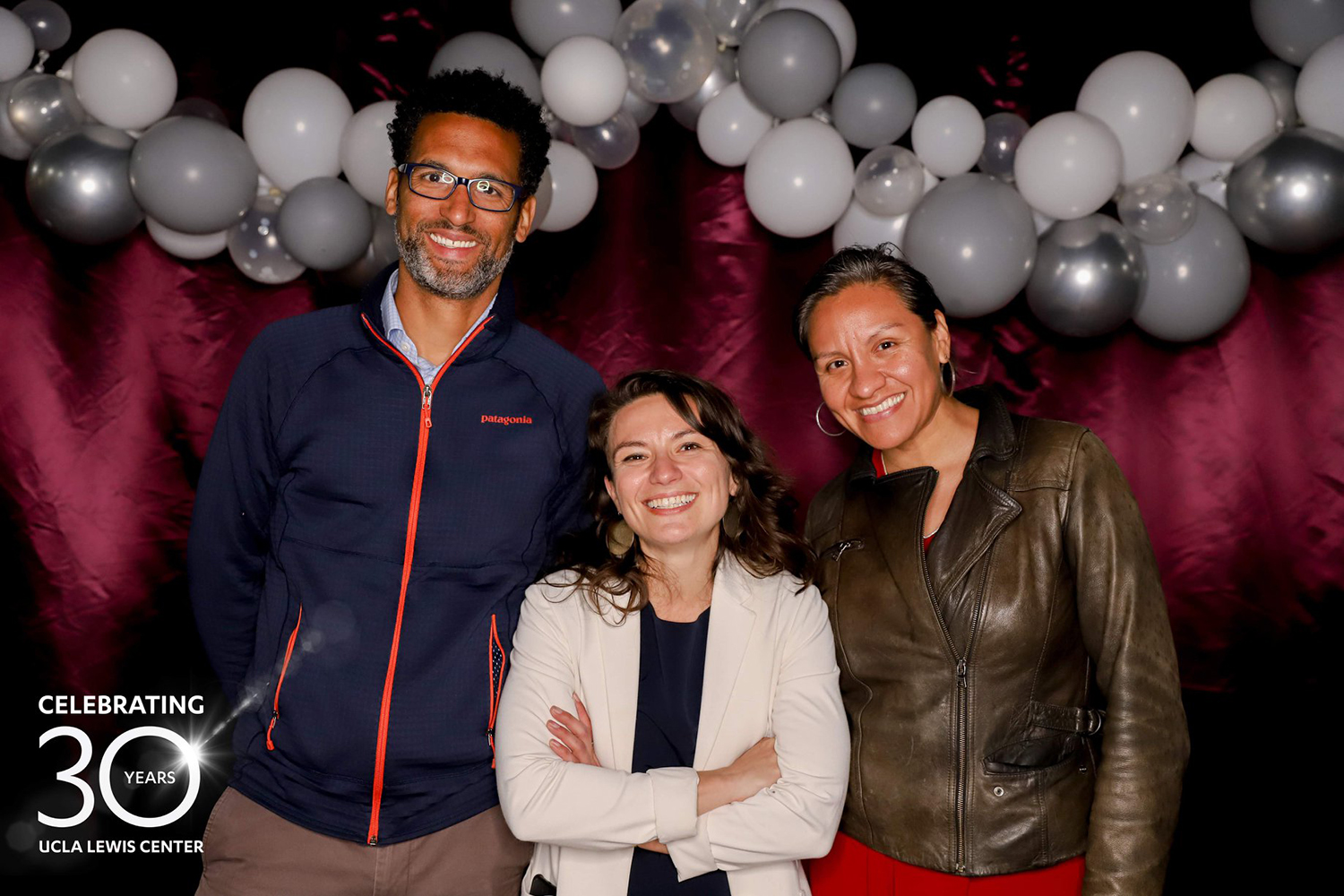Parts of L.A. Hit Hardest by COVID-19 Also Among Those Where Census Response Lags 2010 UCLA analysis shows ‘extreme undercount’ shaping up in low-income and minority neighborhoods
An analysis by UCLA researchers has found that many of the areas in Los Angeles County with the lowest response rates to the 2020 U.S. Census are also among the locations with the most cases of COVID-19.
In the 2010 census, about 63% of Los Angeles County households responded by mail. This year, according to Paul Ong, a UCLA research professor, the county is on pace for just 52% of households to report their information.
Ong, who also is director of the UCLA Center for Neighborhood Knowledge, spearheaded the analysis of census responses through April 30, which found that the differences in response rate between 2020 and 2010 vary widely by census tract throughout the county. While the response rate for 2020 is about 11 percentage points below what it was in 2010 for the county overall, in many parts of the county the rate is lagging 2010 rates by 21.6% or more.
The communities whose 2020 response rates are lagging 2010 rates the most — 29 percentage points on average — include lower-income neighborhoods in Boyle Heights and East Los Angeles, a majority of South Los Angeles, the Harbor area and Van Nuys. When the researchers compared the census response data to the Los Angeles County Department of Public Health’s tally of COVID-19 cases, they found those immigrant-rich areas are also among the places with the greatest numbers of people with coronavirus.
The census is currently in its self-reporting phase, in which officials are encouraging everyone to participate on their own — whether by mail, phone or online. That phase had been scheduled to end July 31, but officials have pushed the deadline back to Oct. 31 amid the pandemic. Under normal circumstances, the census bureau addresses low response rates in specific neighborhoods by sending census takers to conduct in-person interviews. But with the coronavirus pandemic, that approach will be difficult in 2020.
“As things stand now, the only way to prevent an extreme undercount in some areas of the county would be for a horde of in-person census takers to descend on parts of the city with the greatest chance of coronavirus transmission,” Ong said. “Given the ongoing health concerns, it remains to be seen whether in-person interviews will even be viable during the current census.”
The countywide lag is roughly the same as a national lag of 11 percentage points reported in a related study published by the same researchers on April 30.
The decennial census is required so that congressional seats can be reapportioned to account for geographic shifts in the population, and it is used for redrawing electoral district boundaries for congressional, state legislative and local jurisdictions, and for allocating public funds, which makes an accurate count particularly important.
Ong, who has served as an adviser to the U.S. Census Bureau as part of his scholarly activities at the UCLA Luskin School of Public Affairs, said Los Angeles County is facing an unprecedented challenge in completing the 2020 count. The difficulty is magnified by the COVID-19 crisis, but several other factors contribute to the problem.
First, although making online responses an option for the first time should make participation easier for some, internet access is a barrier for many people — particularly those in areas with the lowest response rates, including the urban cores of Los Angeles and other local cities such as Long Beach. Language and cultural differences also may lower self-response rates.
In general, response rates have been highest in more affluent neighborhoods with significant percentages of white residents, but the analysis found some exceptions. For example, a few affluent tracts of Los Angeles County have rates of response that are well behind 2010, including the Santa Monica Hills and some coastal areas. Ong said increases in vacancies and seasonal housing, or the conversion of some residences to vacation and short-term rentals in those areas could partly explain those changes. A census tract with fewer permanent residents today than in 2010 would logically have fewer census responses this year, he noted.
The UCLA study urges public officials to take additional actions to mitigate the direct and indirect effects of COVID-19 on the census count.
The researchers noted that efforts could be made to lessen the impact of incompatible data sets when comparing census data to COVID-19 cases, for example. They also said that monitoring census responses at the tract level in real time could help in targeting communication to some neighborhoods, particularly low-income and predominantly minority communities that have historically been among the most difficult to accurately count.
“It is critical to quickly understand what is happening on the ground so adjustments can be made rapidly,” according to the report. “The amount of time left to fairly and accurately complete the 2020 census is very short, too short to wait for the normal slow institutional turnaround time.”
Paul Ong also is a founder of Ong & Associates, an economic and policy analysis consulting firm specializing in public interest issues, which provided services pro bono for the study. The study’s other co-authors are Jonathan and Elena Ong.
